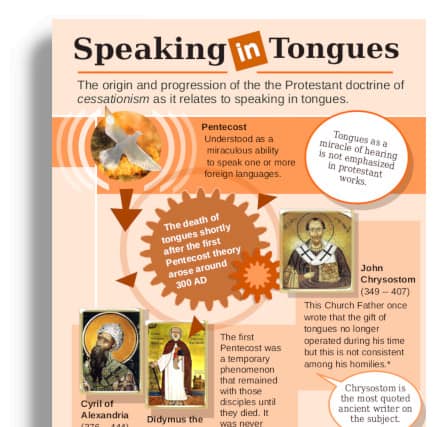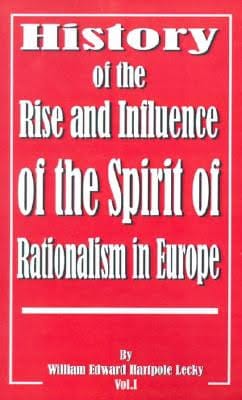Introduction to a four-part series on cessationism, the de-emphasis of miracles, and especially how it relates to speaking in tongues.
Table of Contents
- Part 1
- Introduction
- Reasons for the rise of Cessationism
- Part 2
- The Excess of Miracles in the Medieval world and the need for correction
- The earlier De-Emphatics: John Chrysostom, Augustine Bishop of Hippo, Cyril of Alexandria*, and Thomas Aquinas
- Part 3
- The Early Protestant De-Emphatics: Martin Luther and Jean Calvin
- The Church of England and Miracles.
- The Puritan Influence: William Whitaker, William Perkins, James Ussher, the Westminster Confession, and later Confessions
- The Latitudinarians
- The Rationalists and Deists
- Part 4
Cessationism from the 1800s and onwards: the Baptists, Presbyterians, B. B. Warfield, Christian higher education, John MacArthur, and more.

